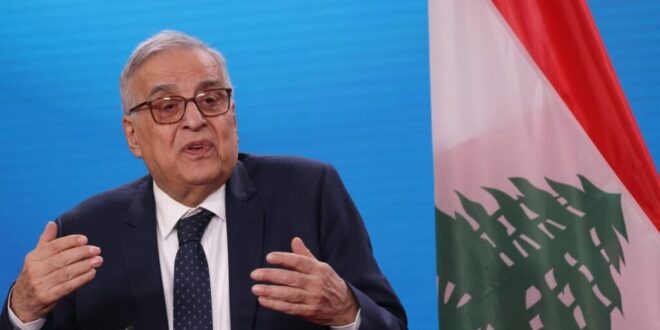Latest Developments
Lebanon rejected a proposal on February 6 for Hezbollah’s withdrawal from southern Lebanon, as mandated by UN Security Council Resolution 1701. The United States and four European countries are reportedly calling for Hezbollah to retreat several kilometers north as part of a diplomatic effort to defuse tensions at the border. However, Lebanese Foreign Minister Abdallah Bou Habib rebuffed these efforts, saying on February 6 that Beirut “will not accept half-solutions.” He insisted on linking a solution to Hezbollah’s attacks to a broader “package deal” that would also resolve outstanding land border disputes between Lebanon and Israel.
Expert Analysis
“UN Security Council Resolution 1701 imposes non-negotiable obligations on Lebanon to disarm Hezbollah or at least remove it north of the Litani. Beirut, instead, has been treating these duties as bargaining chips. It is using Hezbollah’s violence and the threat of war to scare the international community into granting it territorial concessions and, reportedly, even financial assistance. In exchange, Lebanese officials have promised only to try to implement 1701’s terms, assiduously avoiding any guarantees that Beirut can live up to its legal duties.” — David Daoud, FDD Senior Fellow
“Diplomacy should be given every opportunity to succeed. An agreement that pushes Hezbollah north of the Litani River would be a welcome step toward greater stability in the Middle East. But we cannot expect diplomacy to prevail. Hezbollah may want war. The United States must therefore work closely with Israel to ensure that the Israelis are prepared for the battle that may be looming.” — Jonathan Schanzer, FDD Senior Vice President for Research
Hezbollah Defies UN Security Council Resolution 1701
UN Security Council Resolution 1701 established the ceasefire that ended the 2006 Lebanon War. Yet for 18 years, Lebanon has failed to fulfill the resolution’s obligations. Instead, Hezbollah has massively expanded its presence in south Lebanon, thereby enabling the group to fully participate in the current war. Hezbollah’s most senior leaders have described the Lebanese front as a “war” and a “war of attrition.” As a result of Hezbollah’s attacks, ongoing since October 8, Israel has evacuated more than 80,000 citizens from communities along the northern border.
Diplomatic Solution
U.S. Special Envoy Amos Hochstein visited Israel on February 4, where he spoke with Israeli Prime Minister Benjamin Netanyahu and Defense Minister Yoav Gallant about resolving the Hezbollah threat diplomatically. The United Kingdom, France, Germany, and Italy are also engaged in the diplomatic effort.
Hochstein reportedly proposed a partial implementation of Resolution 1701 involving Hezbollah withdrawing eight to 10 kilometers from the border — not the full 30 kilometers required by Resolution 1701. Israel would also be required to draw down its forces along the border. Additionally, Hochstein’s framework reportedly includes economic incentives for Lebanon.
 Eurasia Press & News
Eurasia Press & News




